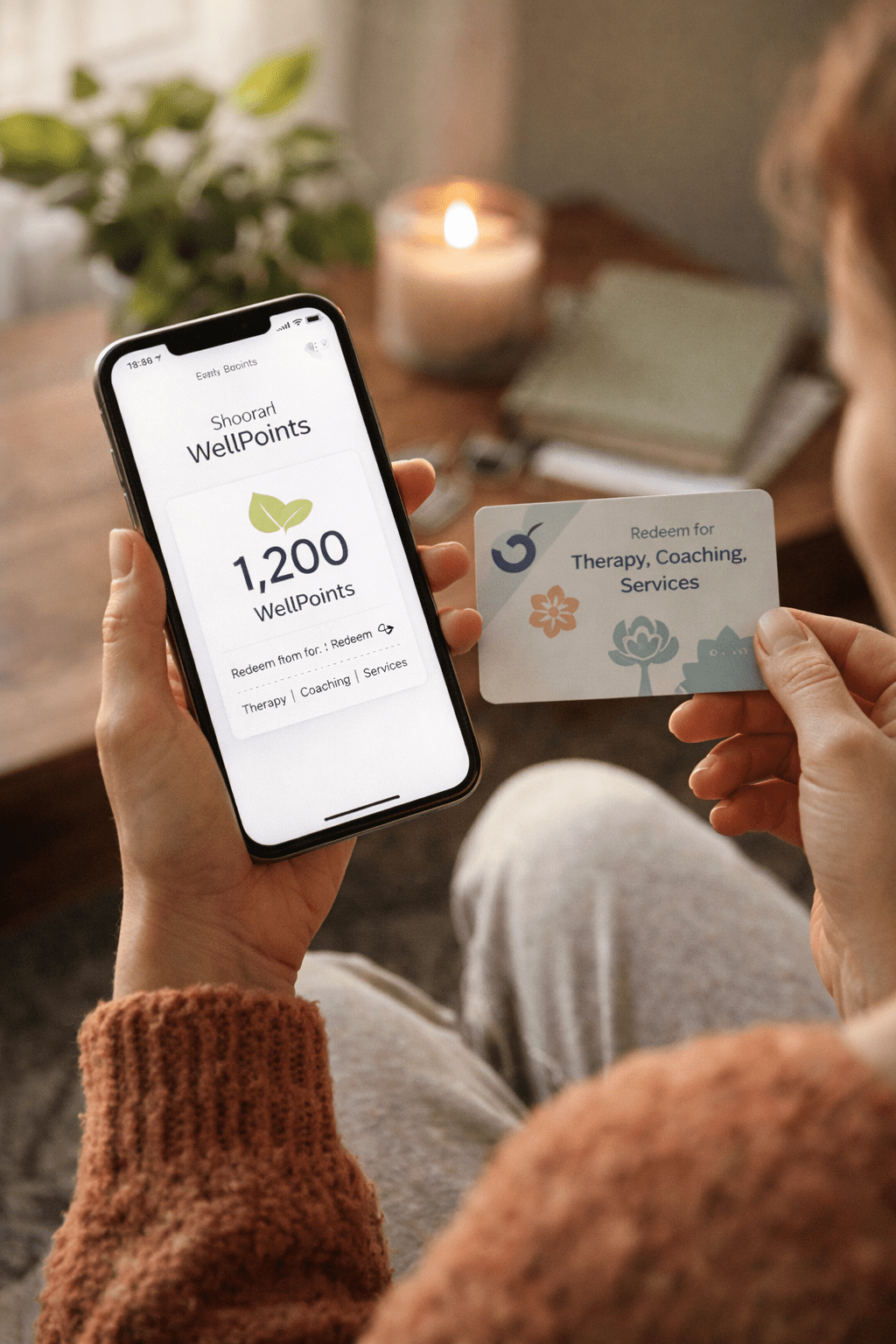In recent years, online self-assessments for mental health have surged in popularity. With just a few clicks, individuals can answer a series of questions and receive an instant analysis of their mental well-being. But the pressing question remains—how reliable are these assessments? Can they truly provide an accurate picture of one’s mental health, or are they merely a rough guide?
With mental health awareness on the rise, more people are turning to these tools as a first step in understanding their emotional and psychological state. While self-assessments can be useful, they also come with limitations and risks that need to be carefully considered.
The Appeal of Online Mental Health Tests
There is no denying the appeal of online self-assessments. They offer:
✔️ Convenience – Available anytime, anywhere
✔️ Accessibility – Free or low-cost options available
✔️ Privacy – Can be taken in the comfort of home
✔️ Immediate results – No waiting for appointments
For some, these assessments can provide reassurance and validation, helping them recognise patterns in their thoughts, emotions, and behaviours. They may act as a catalyst, encouraging individuals to seek professional help if needed.
Many reputable mental health organisations offer scientifically backed self-assessment tools. For example:
- NHS Mood Self-Assessment – A brief tool to assess mood and anxiety levels
- Mind UK Anxiety & Depression Test – Helps users gauge their emotional state
- ADHD Self-Report Scale – A widely used screening tool for ADHD
- GAD-7 & PHQ-9 – Standardised assessments for anxiety and depression
However, while these tests can be helpful, they are not a substitute for a formal diagnosis.
The Reliability Question
The reliability of online mental health self-assessments varies significantly. Some are developed by credible organisations, using evidence-based psychological frameworks, while others lack scientific backing and may produce misleading results.
Factors That Influence Reliability:
📌 Source of the Test – Was it created by a recognised mental health organisation or an unverified website?
📌 Question Format – Are the questions based on established diagnostic criteria, or are they vague and generic?
📌 Scoring System – Does the test clearly explain how results are calculated?
📌 Self-Reporting Bias – Users must answer honestly, but personal perception can skew results.
📌 Lack of Human Interaction – Unlike a therapist or doctor, an online test cannot ask follow-up questions or assess nuances in symptoms.
A person experiencing anxiety may overestimate their symptoms, while someone in denial may downplay their struggles. Additionally, symptoms of depression, anxiety, ADHD, or bipolar disorder often overlap, making it difficult for an online tool to provide an accurate assessment.
For example, a GAD-7 Anxiety Test can help identify generalised anxiety disorder tendencies, but it cannot differentiate between social anxiety, panic disorder, or OCD, which require different treatment approaches.
Potential Risks of Online Self-Assessments
While online self-assessments can be helpful, they also come with risks.
1. False Positives & False Negatives
🚨 A false positive may convince someone they have a condition they do not have, leading to unnecessary worry or self-stigmatisation.
🚨 A false negative may mislead an individual into believing they are fine when they actually need help, delaying essential treatment.
2. Delayed Professional Help
📌 Some individuals may rely too heavily on online self-assessments and avoid seeking medical advice, thinking a test result is conclusive.
3. Lack of Personalised Evaluation
📌 A mental health professional considers lifestyle, medical history, environment, and personal circumstances—factors that self-assessment tools cannot take into account.
4. Data Privacy Concerns
📌 Many mental health tests require users to input personal information, raising questions about data security.
📌 Some websites sell data to third parties or store personal health information without consent.
To stay safe, it is essential to use self-assessments from reputable sources and check data privacy policies before sharing personal details.
Using Online Assessments Responsibly
Despite their limitations, online self-assessments can still be useful—if used responsibly.
How to Use Them Wisely:
✔️ Choose Reliable Sources – Use tests from trusted mental health organisations like the NHS, Mind UK, or ADHD Foundation.
✔️ Use as a First Step, Not a Diagnosis – Online tests should serve as an initial guide, not a final verdict.
✔️ Be Honest with Responses – Answer based on long-term patterns, not just how you feel in the moment.
✔️ Seek Professional Advice if Needed – If an assessment raises concerns, consult a GP, therapist, or psychiatrist for further evaluation.
✔️ Consider Multiple Assessments – If taking a self-assessment, compare results across different reliable tools to identify patterns.
✔️ Protect Your Privacy – Avoid entering personal details unless the website has strong data protection policies.
Online mental health self-assessments are a double-edged sword. They offer:
✅ Accessibility for those who might not yet feel comfortable seeking help
✅ A preliminary insight into mental health concerns
✅ A stepping stone toward professional support
But they also have significant limitations, including potential inaccuracies, data privacy risks, and the inability to capture complex mental health conditions.
Key Takeaway:
📌 Use online assessments wisely, but do not rely on them for diagnosis. If you are struggling with your mental health, speaking to a professional remains the most reliable way to receive accurate support and guidance.
Where to Find Reliable Mental Health Self-Assessments:
- Mind UK Anxiety & Depression Test
- GAD-7 Anxiety Test & PHQ-9 Depression Test
- Autism Spectrum Quotient (AQ) Test



